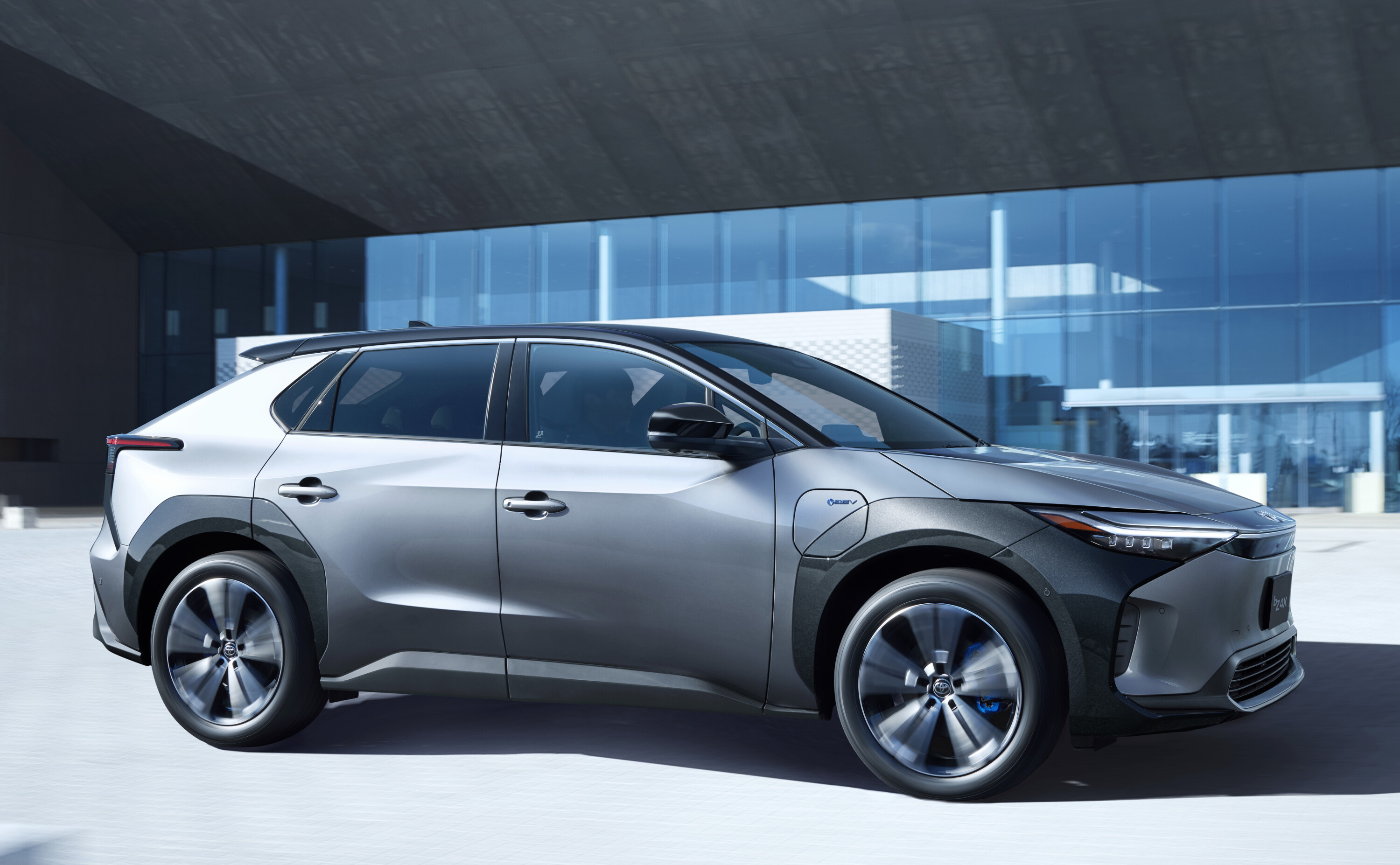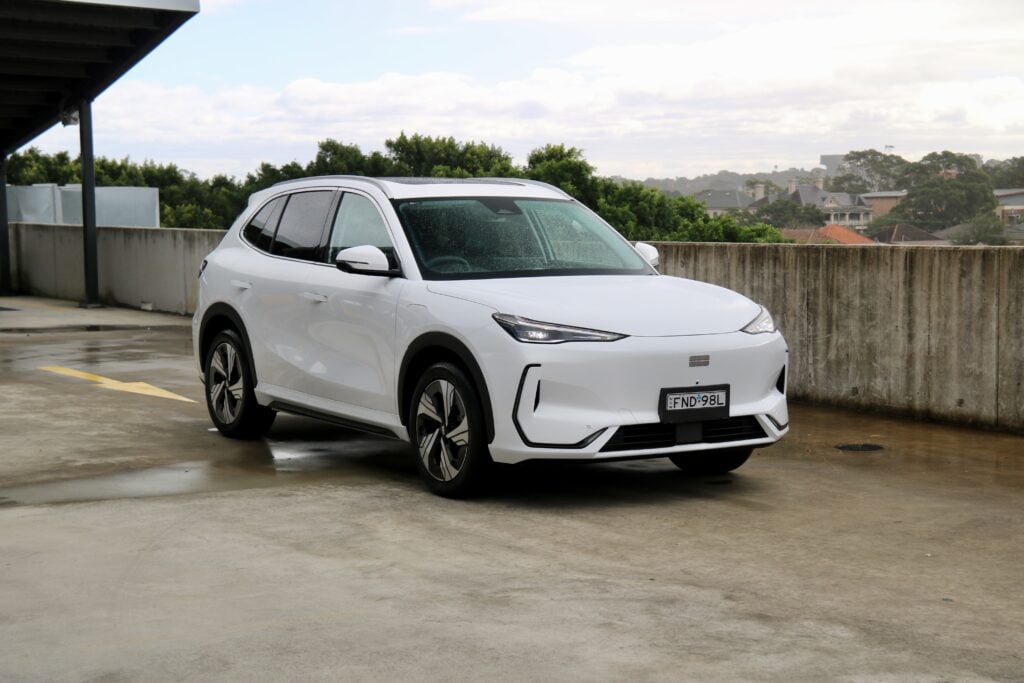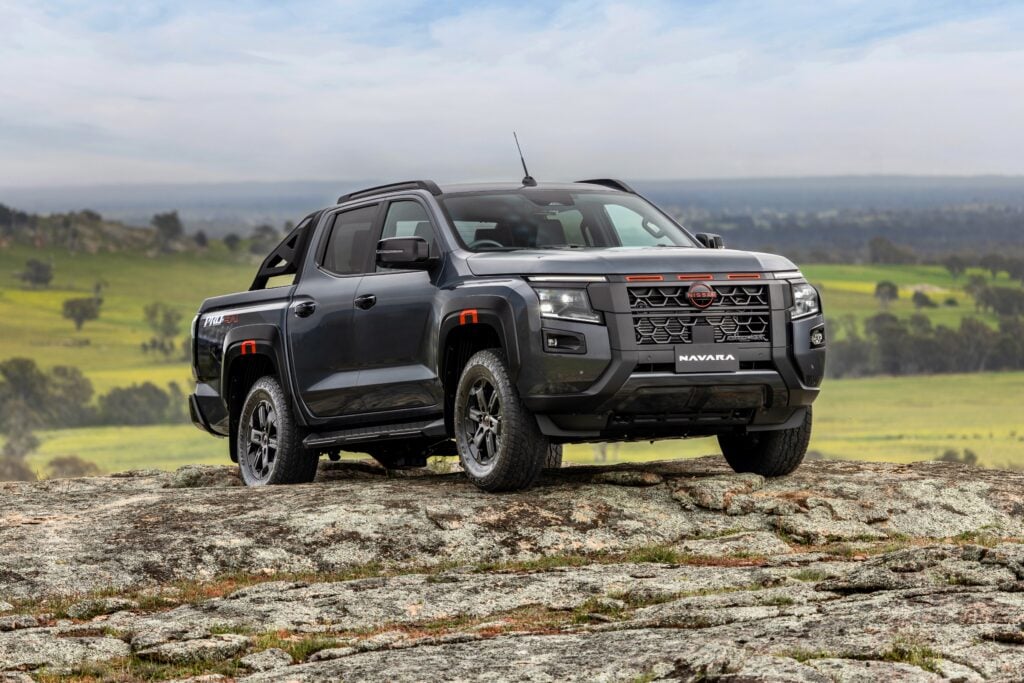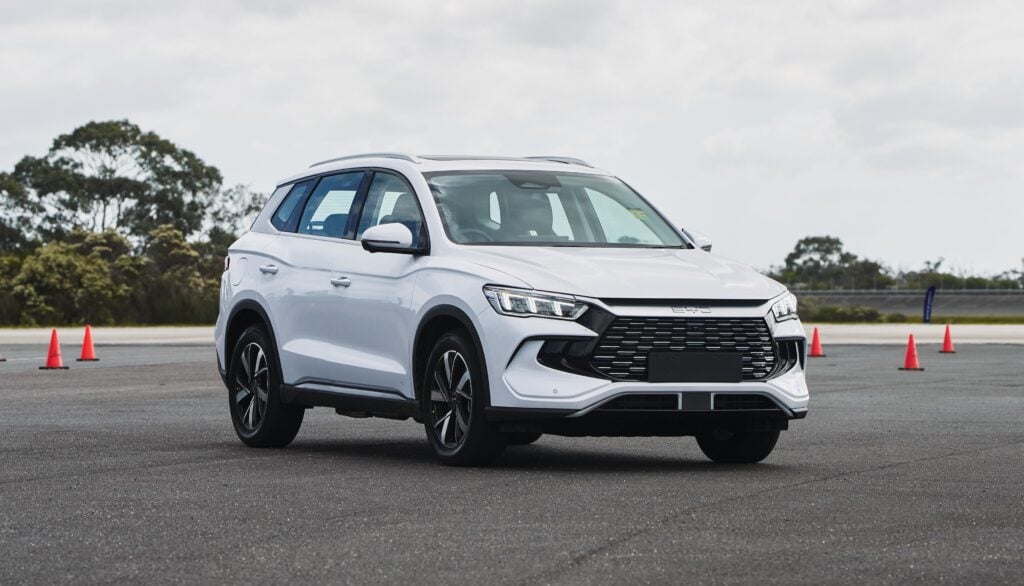
Toyota says it will have good supply of its incoming BZ4x electric car, measured against what it expects of local interest – and it’ll be able to get more quickly if demand outpaces those expectations.
Speaking with Wheels Media, Toyota Australia sales boss Sean Hanley was upfront in saying that the BZ4x’s sales potential is “not going to be massive volume in year one”.
Asked for a number, Hanley said “I think around 1500, but we have the capacity and capability to increase that if the demand’s there”.
That number is a few hundred units shy of Kia’s 1831 EV6 sales in 2023, but well behind Tesla’s 28,769 Model Y sales.
Hanley expanded on the company’s view that, even though the BZ4x is coming later than planned, it will “enter that market in the phase of growth”. In 2023, EVs represented just over 7 per cent of all new car sales, and Toyota expects that to grow to 10 per cent in 2024.
| 2023 New car sales by fuel type | ||
|---|---|---|
| Diesel | 379,512 | 32.57% |
| Electric | 87,217 | 7.40% |
| Hybrid | 98,439 | 8.44% |
| Hydrogen | 6 | 0.00% |
| Petrol | 588,622 | 50.52% |
| PHEV | 11,212 | 0.96% |
| Table includes Passenger, SUV, Light Commercial segments | ||
“They’re growing (EVs). No doubt. They grew from three to seven per cent. It’ll probably go from seven to 10 per cent in the new year, right? No doubt,” Hanley said. “The great news is that we’re entering that market in the phase of growth.”
Hanley said the BZ4x will be a crucial step into a new space for Toyota in Australia, along with even more hybrids and – finally – plug-in hybrids (PHEV) “probably by the second half of the decade”. The company also has the Mirai hydrogen fuel cell vehicle (FCEV), although it remains a strictly limited, lease-only offering to approved customers.
“So our multi-pathway strategy has not altered. We’ll just have a choice and we’ll be able to provide cars to customers that are capable, affordable, and practical,” Hanley said. We detailed the company’s position on hybrids in this earlier story.
RAV4 Hybrid to BZ4x EV: The obvious upgrade?
Maybe, but not especially so, says Hanley
Asked if the BZ4x represents an obvious upgrade for RAV4 Hybrid owners, on its green credentials and cost-saving potential, Hanley said “I think there are (BZ4x buyers in the RAV4 Hybrid market), “but there’s a very different price and positioning structure to both those vehicles and ultimately that will play a role”.
One obvious barrier is that the BZ4x will likely start somewhere around $65-$70k, like most rivals in the segment, whereas the RAV4 Hybrid kicks off from just over $40k – although buyers tend to opt for the higher-grade XSE and Cruiser trims at close to and just over the $50k mark.
To address that, Hanley says the brand is “looking at [BZ4x] slightly different to the norm,” with plans to offer a full-service lease model to those who want such a package, beyond the basic option to buy the vehicle outright.
Toyota Finance Australia will provide the all-inclusive lease – not its Kinto car-rental service – and cover “rego, insurance, service, roadside assist and [Toyota Connected Services] connectivity” for the life of the lease. The lease, to be paid monthly, will also include tyre replacement.
“We’re looking at the whole of life costing and the risks involved in buying a BEV and offering customers a solution that takes that risk of resale, and what it’s worth after two or three years, out of the equation,” he said.
“Because one of the things we’re seeing in Europe, China and to some degree in the US, is resale values for BEV is becoming quite challenging and it’s getting very difficult to sell second hand BEVs.”
Buyers should note that resale values vary by market, but it’s true that in general, EVs generally depreciate faster than conventional vehicles – but some EV values are on par with petrol and diesel models, if not better. We’ve covered this in detail in the story linked below.
“This is an education piece.”
“It takes a long time to educate a market,” Hanley said, explaining why the brand is taking this step.
“It’s incumbent on us to educate the market. But also to show the market, what are the benefits of BEV and how do we take the risk out of BEV? One of the greatest risks they have now is around [charging] infrastructure, range, practicality and affordability. How do we, in the short term, get rid of that risk as best we can?”
Current EV owners would argue that while frustrating at times, Australia’s public charging infrastructure is only growing, while home charging means most buyers – those with access to such an option – rarely need to charge anywhere else.
“A BEV, in the whole, is still far more expensive to make”
Detractors, those who need or prefer vehicle types not currently catered to in the EV space, would obviously agree with Hanley.
“But you’ve got to understand that a BEV, in the whole, is still far more expensive to make than a hybrid vehicle or conventional vehicle, so when you asked the question about movement from RAV4 Hybrid to BEV, yes there will be some. It won’t be big, though, because the position is quite different.”
The big question, of course, is whether Toyota will ever dominate EV sales the way it currently dominates the overall market through its petrol and petrol-electric range.




